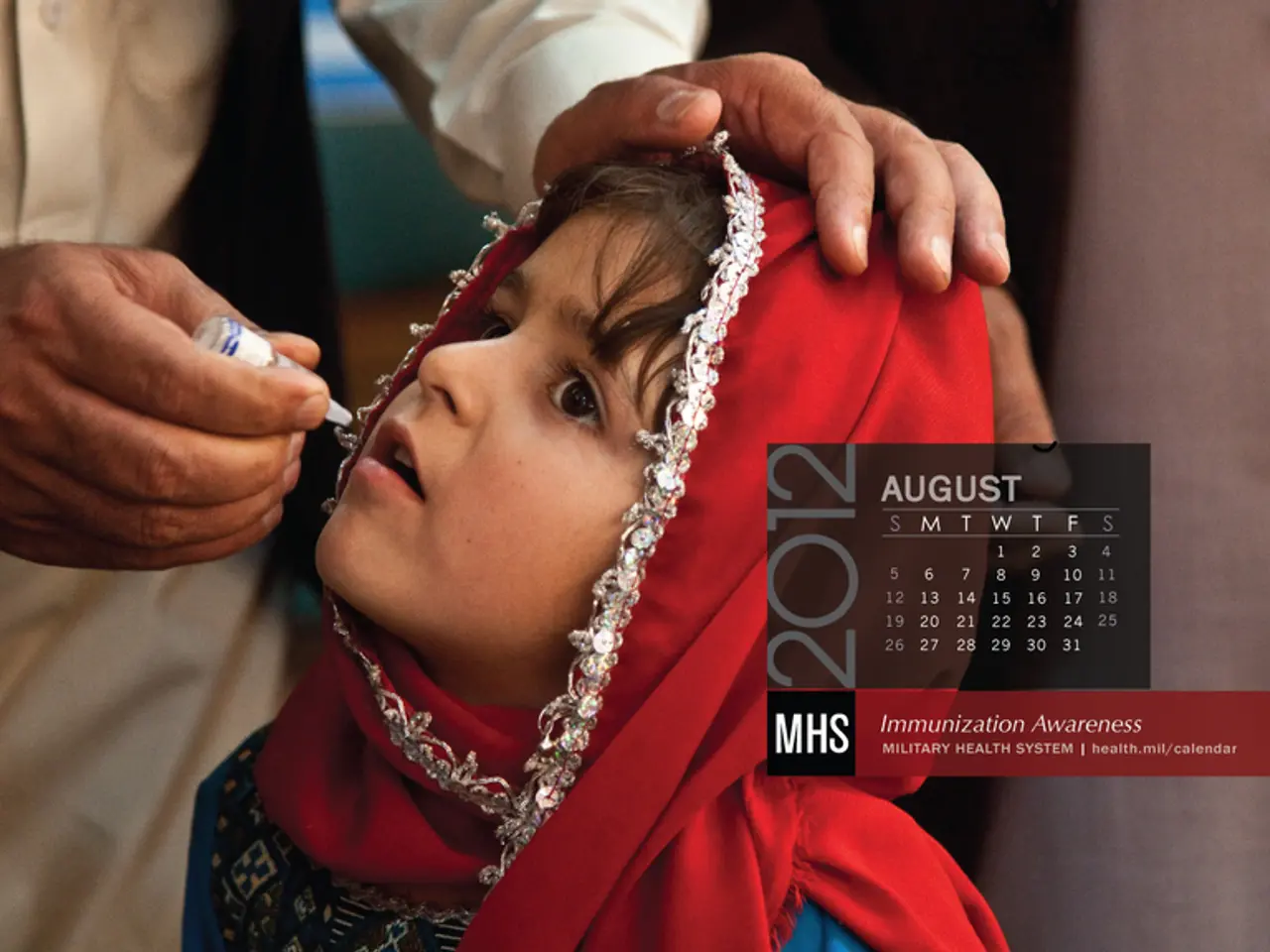Concerns mounting over increasing reluctance towards vaccination by the World Health Organization - International Health Organization WORRIED by the escalating disbelief towards vaccines
In recent years, the World Health Organization (WHO) and UNICEF have expressed growing concern over vaccine hesitancy and its impact on global immunization coverage and the fight against preventable diseases. This issue has become increasingly significant, particularly in the context of the COVID-19 pandemic, which has disrupted immunization programs worldwide.
## Key Concerns
### Slowing Progress and Declining Vaccination Rates
Progress in childhood vaccination rates, which had been improving for decades, has slowed or plateaued since 2010. This stagnation threatens efforts to control infectious diseases such as measles, polio, and diphtheria. The pandemic has further exacerbated the situation, leading to a decline in coverage and a rise in the number of "zero-dose" children - those who have not received any routine vaccines. In 2021, the number of zero-dose children peaked at 18.6 million, up from 14.7 million in 2019.
Measles, in particular, has seen a global resurgence, with cases increasing by 20% between 2022 and 2023 and major outbreaks in multiple regions, including Europe, Yemen, India, and Pakistan.
### Erosion of Public Confidence and Influence of Misinformation
Increased vaccine hesitancy, fueled by misinformation and distrust in health systems, is undermining public confidence in immunization, especially in high-income countries but also in low- and middle-income countries. The WHO emphasizes the need to address misinformation, particularly on digital platforms, to restore trust and ensure accurate information reaches caregivers and communities.
### Disproportionate Impact on Vulnerable Populations
Migrant populations, young mothers, and communities with limited access to healthcare or strong religious beliefs are especially vulnerable to vaccine hesitancy. These groups often delay or refuse vaccines due to safety concerns, lack of awareness, or distrust in health institutions.
## Strategies and Responses
Addressing these issues requires coordinated, community-focused interventions and sustained investment in public health communication and health system resilience. Efforts include community engagement and public communication to provide accurate information, counter misinformation, and build trust. Strengthening health systems to ensure reliable vaccine delivery and access, as well as better integration of immunization into routine healthcare services, is also crucial. Enhancing parental education to improve understanding of vaccine benefits and safety is seen as essential to overcoming hesitancy and increasing immunization rates.
Despite these challenges, the impact of vaccines should not be underestimated. Over the past 50 years, vaccines have saved an estimated 150 million lives, according to UNICEF. However, last year, 14.3 million children under one year old did not receive a single vaccine. The fight against vaccine hesitancy and the protection of children from preventable diseases remains a critical global priority.
The Commission, recognizing the importance of health-and-wellness, particularly mental health, in the context of global health concerns, is proposing to extend the period of validity of directives related to immunization and public health education to cover the period from 1 January 1999 to 31 December 2000. In line with the World Health Organization's (WHO) emphasis on addressing misinformation and providing accurate scientific information, it is essential to integrate this extended directive with ongoing efforts to address vaccine hesitancy, particularly in the context of science-based interventions for various medical-conditions, including immunization against preventable diseases like measles, polio, and diphtheria.




